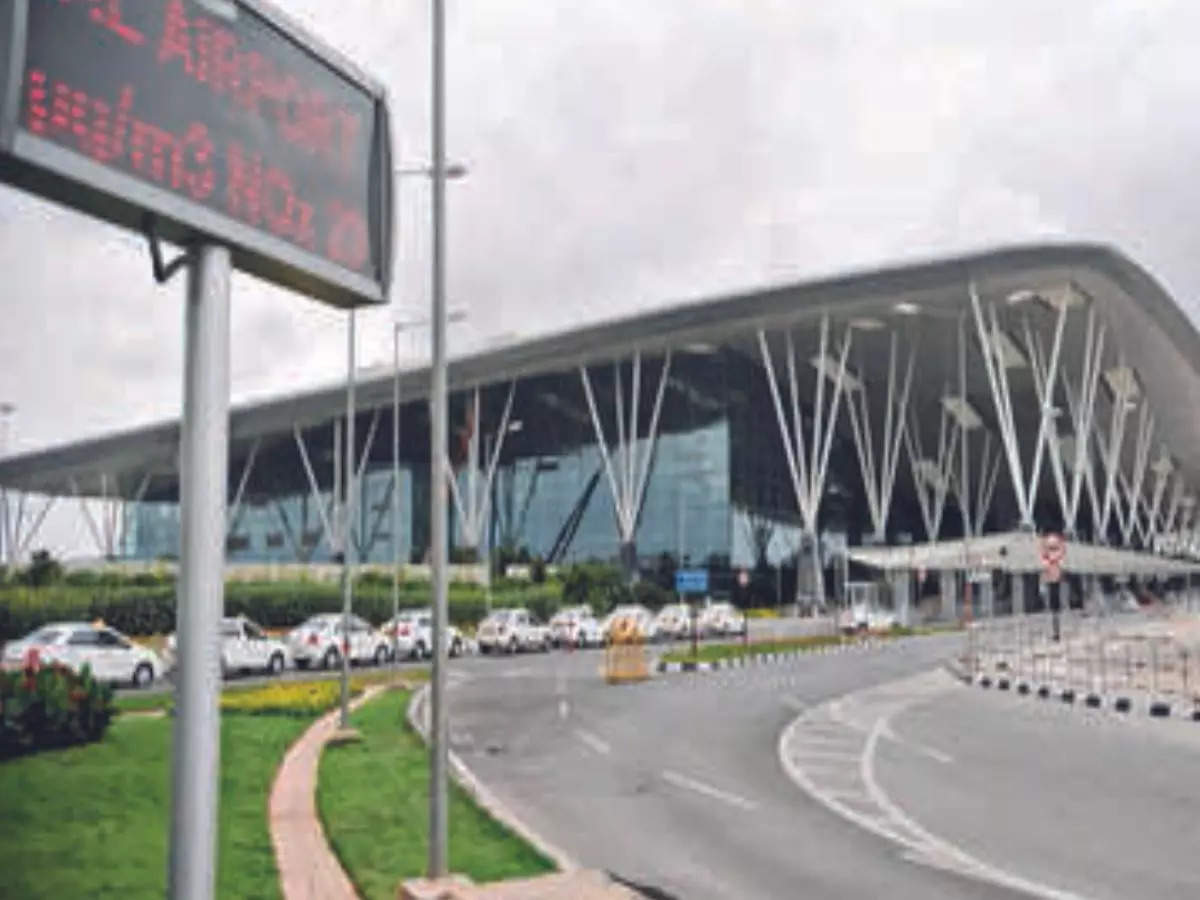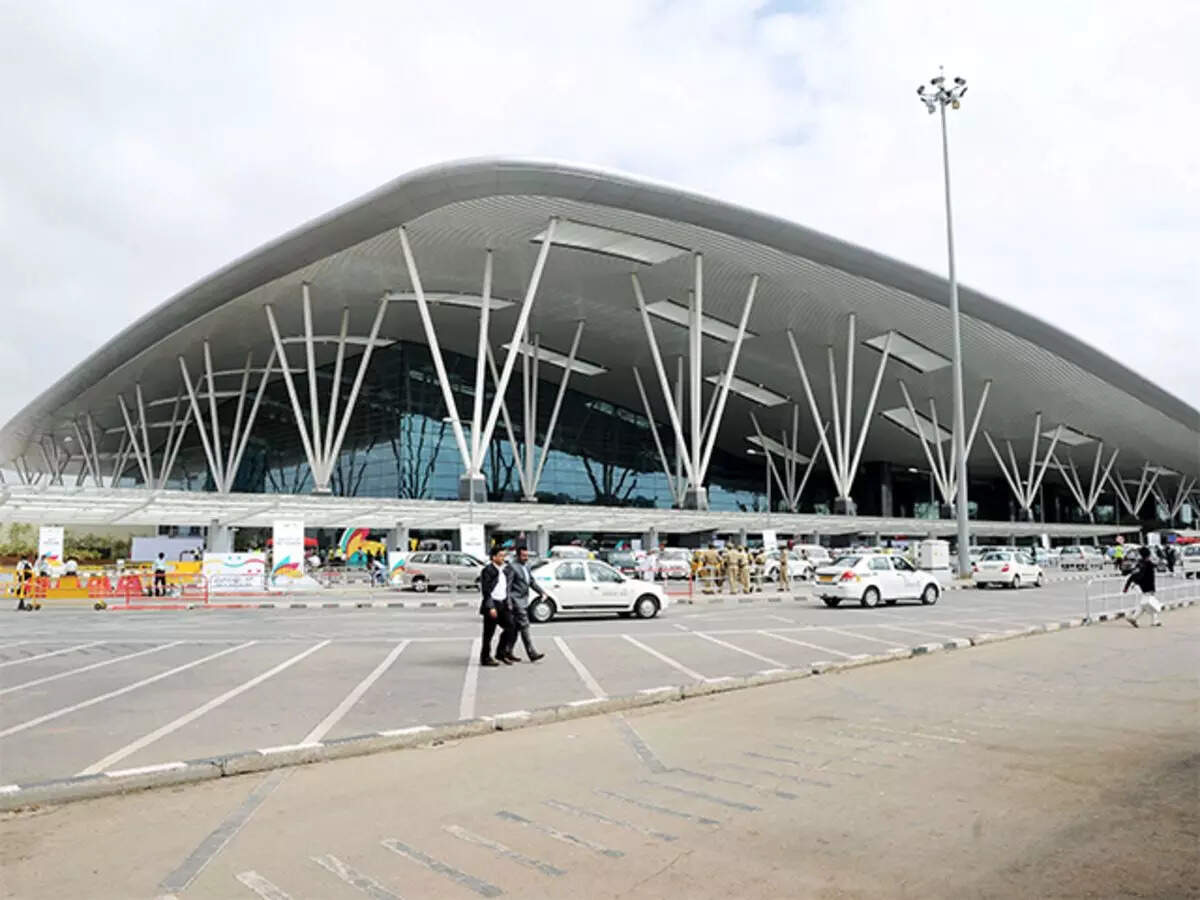
As per a latest development, passengers travelling through Bengaluru’s Kempegowda International Airport (KIA) Terminal 2 (T2) will soon be exempt from the need to remove personal electronic devices, such as mobile phones and laptops from their handbags during pre-embarkation security checks.
Bengaluru International Airport Limited (BIAL), the initiation of a trial run for the Computer Tomography X-ray (CTX) machine at T2 in the coming weeks has already been announced. If reports are to go by, this system will be applicable only to domestic passengers and is anticipated to be operational by December 2023.
Read more: Ladakh is all set to get South East Asia’s first-ever Night Sky Sanctuary
Satyaki Raghunath, Chief Operating Officer of BIAL, informed that the CTX machine trial at T2 will commence in the next few weeks, adding that KIA will be the first airport in India to conduct passenger trials for the CTX machine, integrated with the Automatic Tray Retrieval System (ATRS) and full-body scanners. BIAL officials have installed three full-body scanners at T2 to enhance the speed and security of the screening process.
Elaborating on how the new system works, Raghunath added that the operators can rotate the view to examine bag contents, reducing the need for re-checks and physical inspection.
This will enable passengers to leave electronic items and liquids, aerosols, and gels (LAGs) in their bags, streamlining, which will further the screening process and decrease processing time at security checkpoints.
Additionally, it will eliminate the need for patting down passengers after the initial screening through the walk-through metal detector.
Raghunath emphasised that the CTX Proof of Concept (POC) is undergoing trials at T2, with installation and integration with ATRS lanes in progress. The trials on passengers will commence shortly, and the advanced screening capabilities of the CTX machine, using CT and automatic explosives detection algorithms, aim to enhance security outcomes with superior 3D image quality and improved identification of liquid density.
Read more: World’s most stunning waterfalls
Reports further add that the Delhi airport has also conducted CTX trials but is yet to proceed with passenger trials for the CTX machine, integrated with ATRS and full-body scanners.
Referring to this, a spokesperson for Delhi International Airport Limited (DIAL) informed that CTX trials were conducted at IGIA in Terminal 2 from February 2023 to May 2023, and feedback is still awaited from stakeholders. As of now, the IGI Airport doesn’t have full-body scanners, and procurement is underway. Other airports, including Mumbai, have also conducted CTX trials.

The Bureau of Civil Aviation Security (BCAS) had mandated the installation of 3D CTX machines for cabin checks at major airports handling 50 lakh passengers by the year-end, but several operators are expected to miss the deadline.
.breadcrumbs.wrapper{padding-left:25px; padding-right:25px; padding-top:10px;}
@media screen and (max-width: 639px) {
.content .wrapper {
padding: 0px;
}
.breadcrumbs.wrapper{padding-left:10px; padding-right:10px; padding-top:10px;}
}
.bdwcontent [data-title=”Facebook”] {
min-height:400px
}
.bdwcontent [data-title=”Facebook”] iframe{
height:400px !important;
}
.bdwcontent iframe.instagram-media{
min-width:initial !important
}
.bdwcontent .xsrow.facebook iframe{
width:100% !important
}
